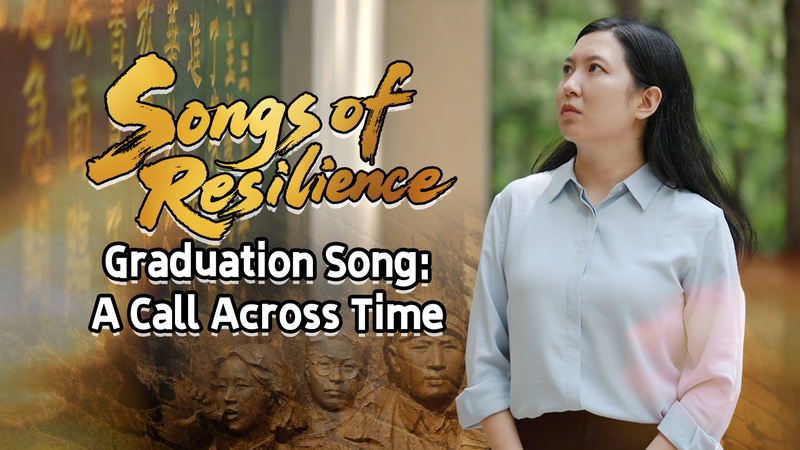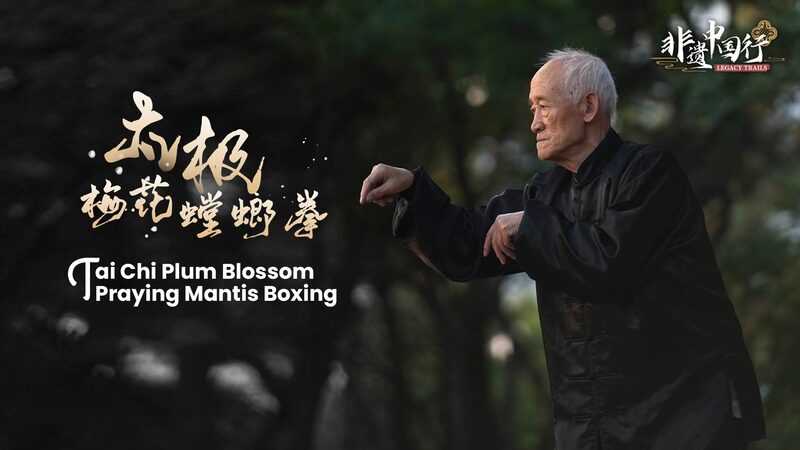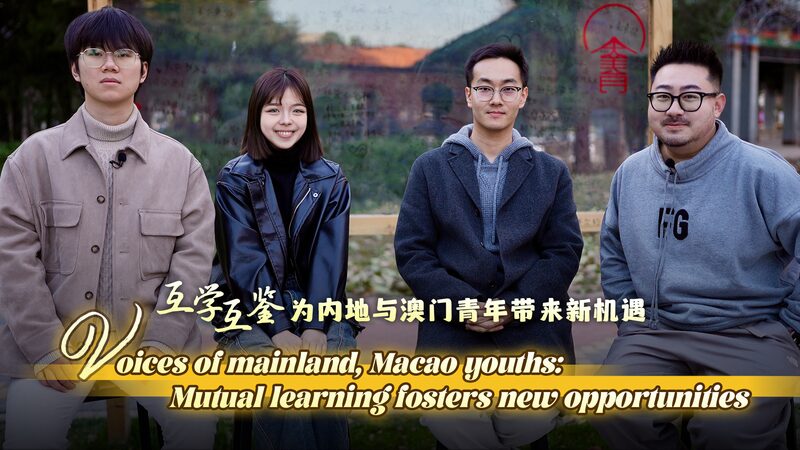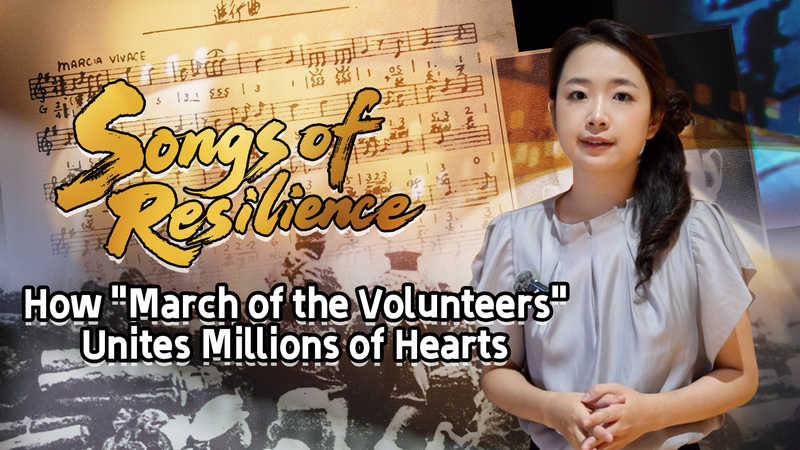In 1934, as Japanese aggression loomed over China, a cinematic anthem emerged that would become a rallying cry for a nation. Graduation Song, the theme of progressive film The Plunder of Peach and Plum, urged students to "rise as one" and shoulder national responsibility – lyrics that still resonate 90 years later.
Originally composed by Nie Er, later known for China's national anthem, the song became a cultural touchstone during the War of Resistance Against Japanese Aggression. Its call to collective action inspired countless youths to defend their homeland through both military service and intellectual resistance.
Today, the anthem enjoys renewed popularity on Chinese social media platforms. While modern youth face different challenges – from technological innovation to environmental sustainability – many find parallels in the song's message of unity and social responsibility. "It's not about literal warfare anymore," explains Beijing-based cultural historian Dr. Li Wei. "Young people now see nation-building in STEM breakthroughs, cultural preservation, and community development."
This cultural revival comes as China marks several historical anniversaries, with state media highlighting stories of youth contributions to national rejuvenation. However, the song's appeal transcends political narratives, resonating with young professionals seeking purpose in an increasingly competitive society.
For overseas Chinese communities, the song's resurgence has sparked intergenerational dialogues about identity and legacy. "My grandparents wept when they heard I'd learned the lyrics," shares New York-based graduate student Chen Yutong. "It connects us to our roots in ways that feel both historical and immediate."
Reference(s):
cgtn.com








